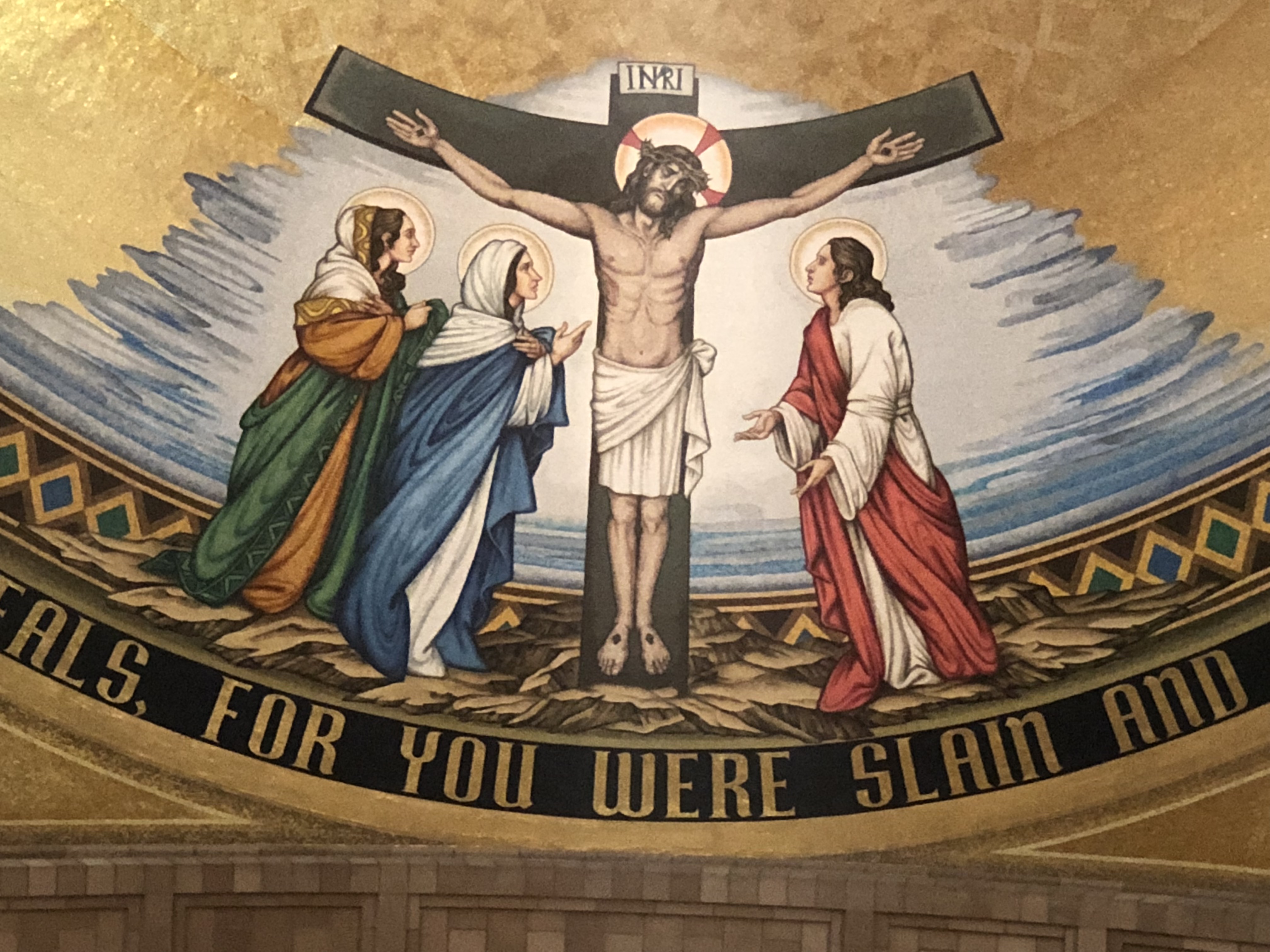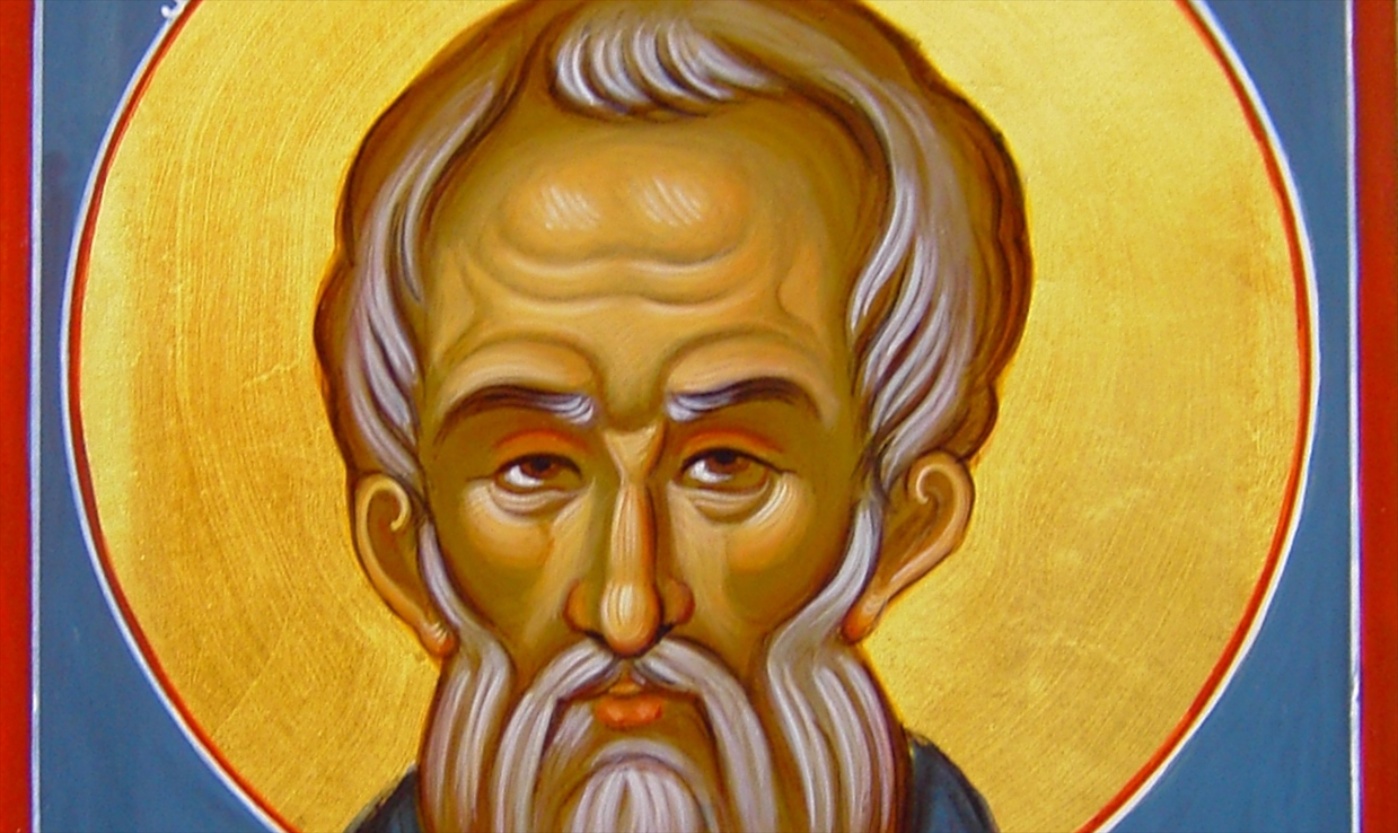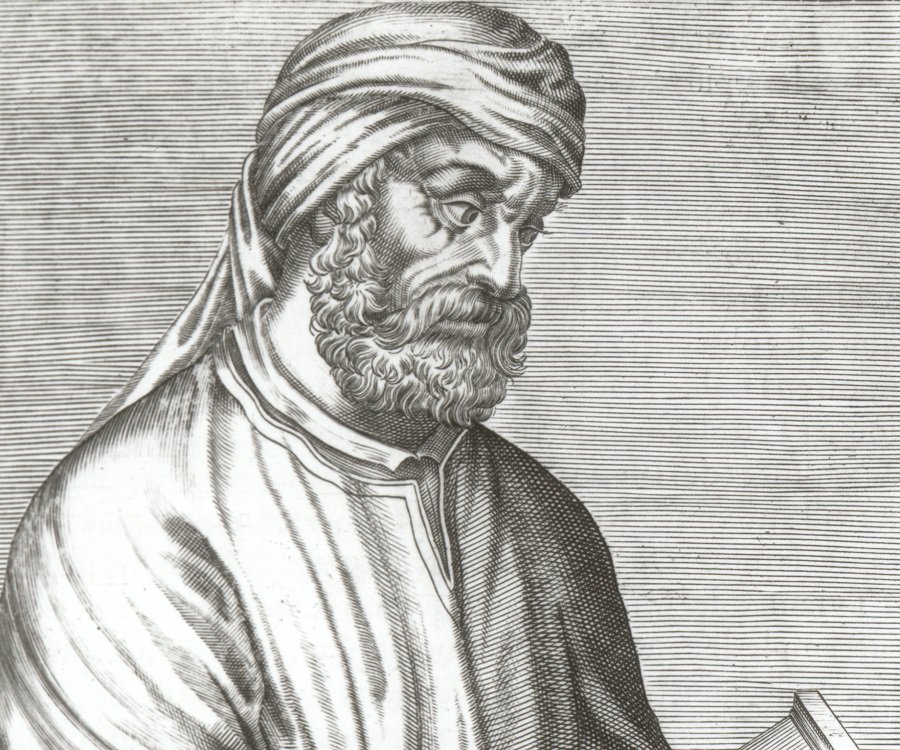World Religions Part II: The Exclusive, All-Embracing Cross
Because this blog post will inevitably raise the question "Who can be saved?" I would like to give the two bookends within which all Catholic orthodox answers must fall. One the one end, Pope Pius IX wrote, "By Faith it is to be firmly held that outside the Apostolic Roman Church none can achieve salvation. This is the only ark of salvation. He who does not enter into it, will perish in the flood. Nevertheless equally certainly it is to be held that those who suffer from invincible ignorance of the true religion, are not, for this reason, guilty in the eyes of the Lord." (Denzinger 1647, Ott 312.) Invincible [...]








